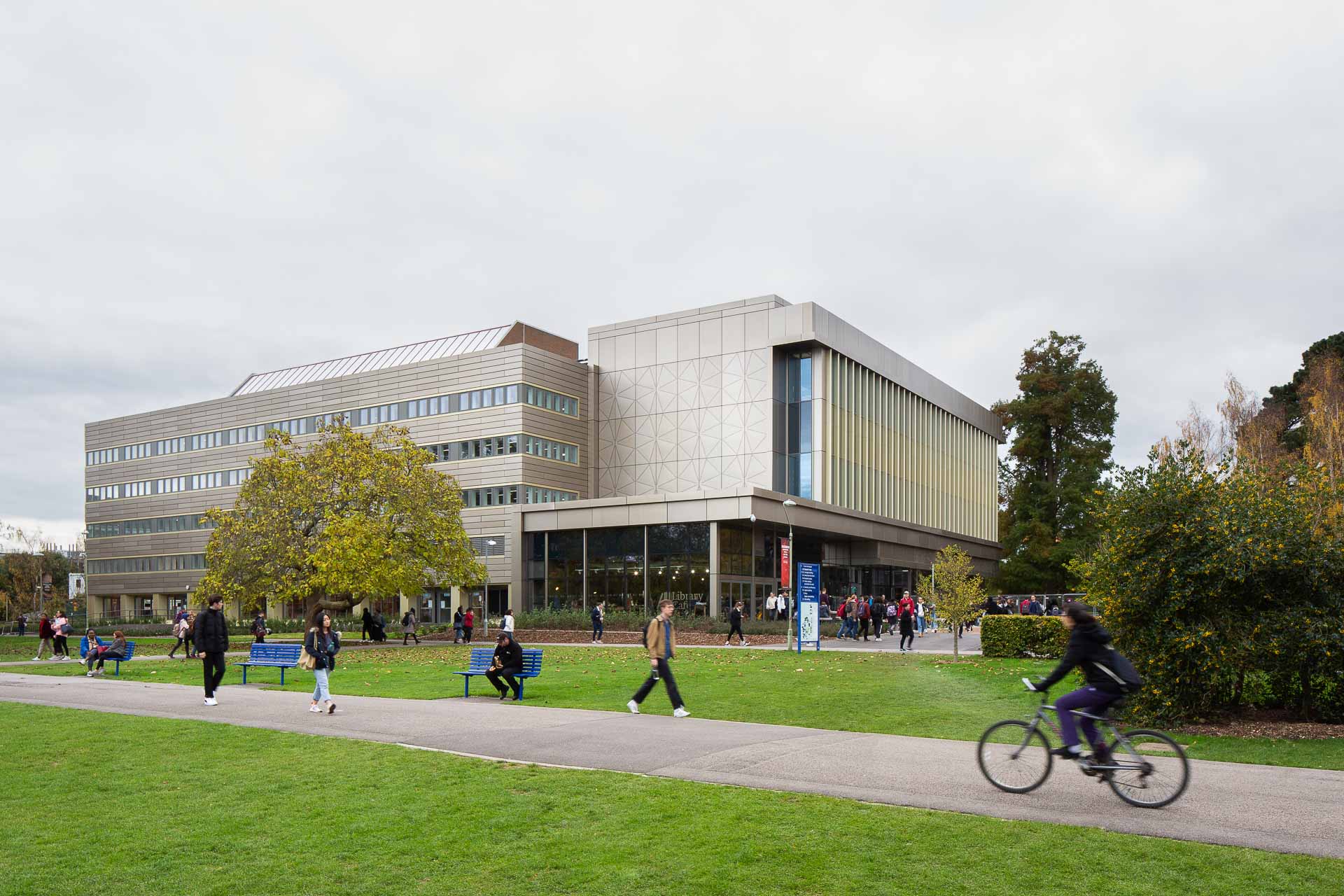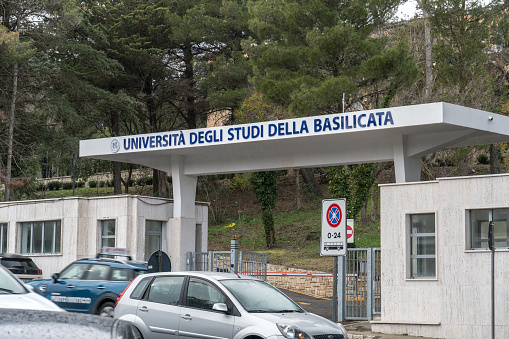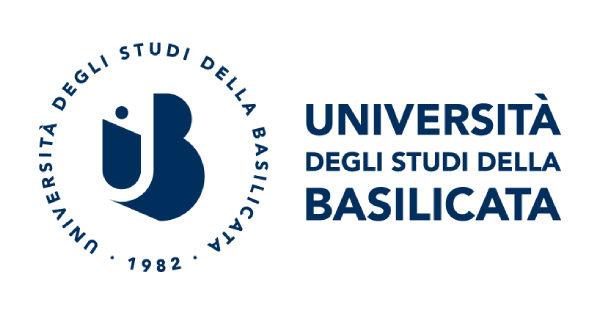
Landscape, Environment, Urban Green Spaces Undergraduate
Matera Campus, Italy
Overview
The Landscape, Environment, and Urban Greenery Degree Program is established without any restrictions other than those established by law. Admission to the degree program requires a secondary school diploma or another qualification obtained in Italy or abroad and recognized as suitable. In any case, admission requires possession, at the time of enrollment, of adequate knowledge and skills to successfully complete the degree program. Such knowledge includes a satisfactory familiarity with basic mathematics, mastery of the main laws of physics, and basic knowledge of computer science, logical thinking, the ability to express oneself orally and in writing without hesitation or error, and a reasonable level of general knowledge.
A non-binding assessment of applicants' basic preparation is provided in the form of a multiple-choice questionnaire, divided into the following sections: mathematics, physics, general chemistry, logic, and verbal comprehension. Failure to achieve a minimum level established in the Degree Program Regulations will result in the assignment of Additional Learning Obligations, also defined in the Degree Program Regulations. The schedule of entrance exams and any OFA courses is established in the Study Plan.
The Degree Program aims to raise the English language proficiency level of degree students to "B1."
To this end, students enrolled in the PAVU program will take an initial written/oral entrance test to assess their language skills. These include:
- those who do not achieve a B1 level must attend, with mandatory attendance, the language course scheduled for the first year of the Degree Program, at the end of which they will take the assessment test again;
- those who are assessed as still too low to attend the B1 course will be assigned OFA, which will require them to attend an additional A2+ level course, preparatory to accessing the B1 course.
Also in this case, the schedule of entrance tests and of any OFA courses is established by the Study Plan.
Communication skills.
Upon completion of their studies, the Landscape, Environment, and Urban Greenery graduate:
- has acquired adequate skills and tools for managing and communicating information, both to specialists and non-specialists in the field, having had the opportunity to deepen and consolidate their linguistic and IT skills and to experience international openness, including through training experiences abroad;
- is able to use at least one European Union language, in addition to Italian, in their specific area of expertise and for the exchange of general information;
- possesses adequate knowledge of the organizational culture of the work environments in which they will work, having acquired during their training both the ability to work independently and in teamwork, and the ability to discuss and argue ideas necessary to solve problems in their field of expertise with a professional approach.
The assessment and evaluation methods for the student's preparation include an oral exam, which will assess not only the knowledge acquired by the student, but also their ability to communicate it clearly and rigorously. During the core courses of the program, laboratory activities and seminars conducted by student groups on specific topics are included. The final exam offers students a further opportunity to assess the effectiveness of their learning and communication skills, as well as the opportunity to produce texts and multimedia products appropriate to the specific communication situation.
The acquisition of communication skills will be assessed by individual instructors during the various exams, in the presentation of the internship report, and in the final exam.
Autonomy of judgment.
Upon completion of their studies, graduates in Landscape, Environment, and Urban Greenery will:
- be able to assess the effects of planning, design, and intervention actions with respect to transformations on settlement, environmental, landscape, social, and economic aspects;
- be able to evaluate and manage the technical and economic aspects of interventions, especially within the specific context of environmental protection.
Teaching activities are designed to stimulate critical discussion of the topics covered in order to develop the ability to develop and argue project ideas, with particular attention to their social implications. The understanding of the actions undertaken will be developed throughout the various courses, including through guided exercises and supplementary seminars. These activities promote the critical analysis of documents, products, and data, the classification of events and processes, and the collection, selection, and processing of information from various sources.
The level of autonomy achieved will be assessed through assessments scheduled for each course, both at the end of the course and through the preparation of a final paper and the use of scientifically approved texts or a bibliography independently selected by the student.
Learning ability.
Upon completion of their studies, the Landscape, Environment, and Urban Greenery graduate will:
- have acquired knowledge of the design, management, and execution of protection and
redevelopment projects, with particular reference to land defense and maintenance, landscape and environmental recovery and redevelopment;
- be able to use information technology to study land and landscape and to prepare project documents and plans.
This ability stems from a teaching approach common to all courses, which combines theoretical training with practical examples. It is believed that this encourages students to improve their ability to apply the knowledge and skills they have acquired, fostering active participation, a proactive attitude, and the ability to independently develop and communicate the results of their work. The syllabus for each course specifies how the above-listed skills are developed, assessed, and evaluated.
Learning skills will be assessed in each individual course based on additional knowledge learned from sources other than those provided by the instructor.
Similar Programmes
Environmental Science
University of Reading, Reading, United Kingdom
Earliest Intake
September 2025
Gross Tuition
30650 £
Geological Environmental Sciences Undergraduate
University of Basilicata, Matera, Italy
Earliest Intake
March 2026
Gross Tuition
780 €
Zoology
University of Reading, Reading, United Kingdom
Earliest Intake
September 2025
Gross Tuition
30650 £
Applied Meteorology and Climate
University of Reading, Reading, United Kingdom
Earliest Intake
September 2025
Gross Tuition
31650 £
Atmosphere, Ocean and Climate
University of Reading, Reading, United Kingdom
Earliest Intake
February 2025
Gross Tuition
31650 £
Uni4Edu Support







